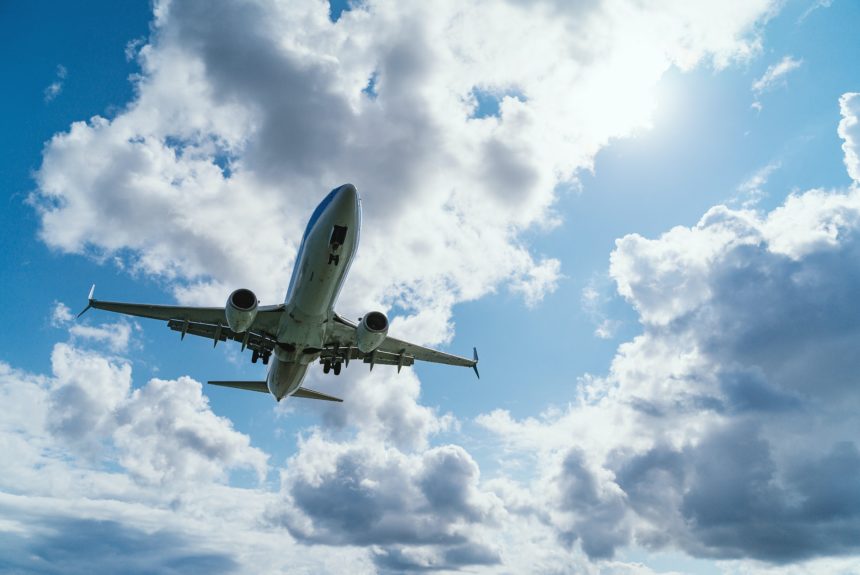The holiday season is a time for family and friends. It’s also a time of busy travel, as Thanksgiving and Christmas are among the busiest travel days of the year. With that comes grumbling about congested airports and steep ticket prices. In an effort to reduce costs and reduce the environmental impact of air travel, one French company called OpenAirlines has developed an AI-based software solution to help airlines reduce their fuel usage throughout the flight cycle.
Airline fuel and oil alone account for nearly 30 percent of total airline costs, according to data from the International Air Transport Association. The airline industry is also responsible for 2.5 percent of global CO2 emissions. OpenAirlines’ sustainability platform, SkyBreathe, leverages big data algorithms, artificial intelligence, and machine learning to cut fuel consumption and slash airlines’ carbon footprint by up to five percent.
The technology analyzes extensive data from various sources, including complete flight data records (FDRs), operational flight plans, and ACARS. This data is then integrated with environmental indicators from real-time flight conditions, such as payload, weather, and air traffic control constraints. Based on this information, the software identifies key fuel-saving opportunities and provides actionable recommendations, translating into savings of tens of millions of dollars for commercial carriers.
The cost of the eco-flying software varies based on the airline’s fleet size and specific requirements. However, OpenAirlines claims that its fuel efficiency solution delivers a return on investment ranging from 10 percent to 30 percent. In 2023 alone, the software helped clients save 420,000 tons of fuel, preventing 1.4 million metric tons of CO2 emissions—equivalent to seven times the amount of CO2 saved by all sustainable aviation fuels produced worldwide last year—and achieving $490 million in cost reductions for businesses. “Aviation is the key to help people move freely across the planet…If we harness the power of digital technology to reduce fuel consumption, we can improve our competitiveness, lower our costs, save jobs, and give hope to people in communities across our country,” Kaushik Khona, CEO of GoAir, an Indian low-budget airline, said about SkyBreathe. Over 65 airlines, including Air France, Pegasus, and Avianca, have adopted the technology.
This month, the eco-flying startup secured 45 million euros in funding to advance industry-wide decarbonization solutions, raising its total capital to $47 million. Major funding sources include the Eiffel Investment Group and Mirova, both ‘impact investment’ firms dedicated to spearheading Europe’s energy transition. The Caisse de Retraite du Personnel Navigant Professionnel de l’Aéronautique Civile (CRPN), France’s retirement fund for civil aviation cabin crew, is expected to join the group of investors by year’s end.
“OpenAirlines is currently the only player on the market offering airlines the actual tools they need to take urgent action, bearing in mind that the industry has net zero emissions targets to meet by 2050 and that the requirement to integrate sustainable aviation fuels will take time to deliver any benefits,” Céline André, Director of the Eiffel Essentiel fund, said in an announcement. “The company is already generating an impressive financial and non-financial impact, and we are delighted to support it through this next phase of its development.”
As incomes increase worldwide, flying–an activity traditionally reserved for the very rich–will become increasingly popular. To meet this growing demand, new solutions that can lower the carbon intensity of flying and improve the energy efficiency of aviation will be essential for eco-friendly innovations that benefit flight passengers and the planet alike. OpenAirlines is a testament to how the private sector leads this transition.
The views and opinions expressed are those of the author’s and do not necessarily reflect the official policy or position of C3.
